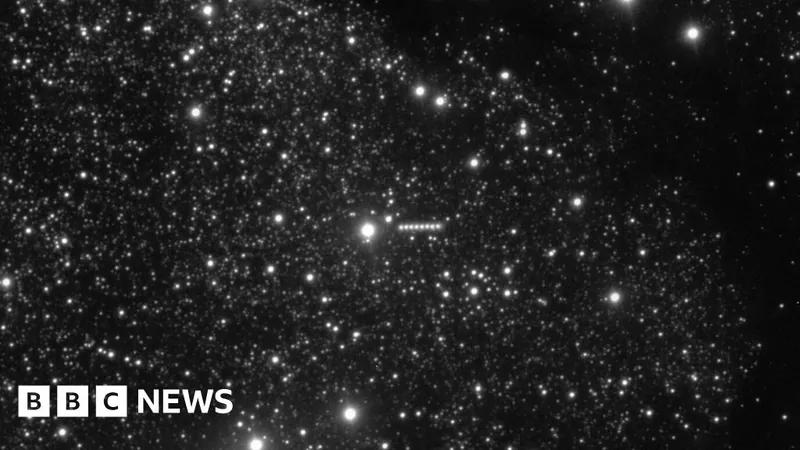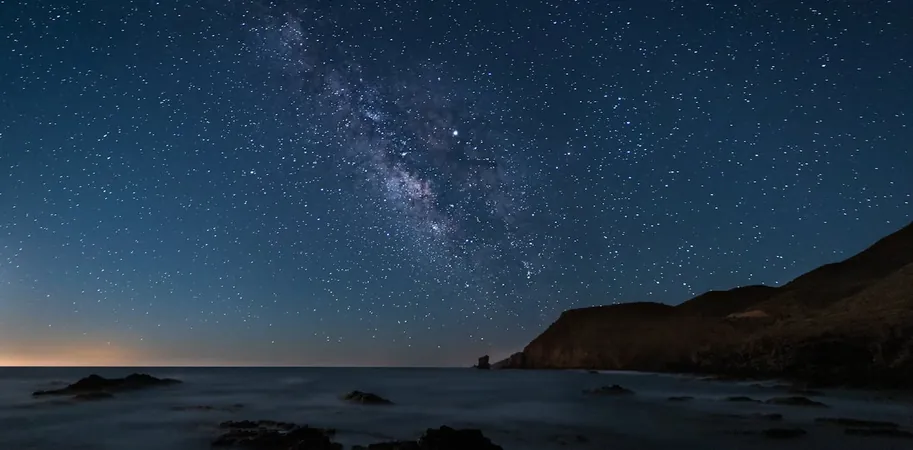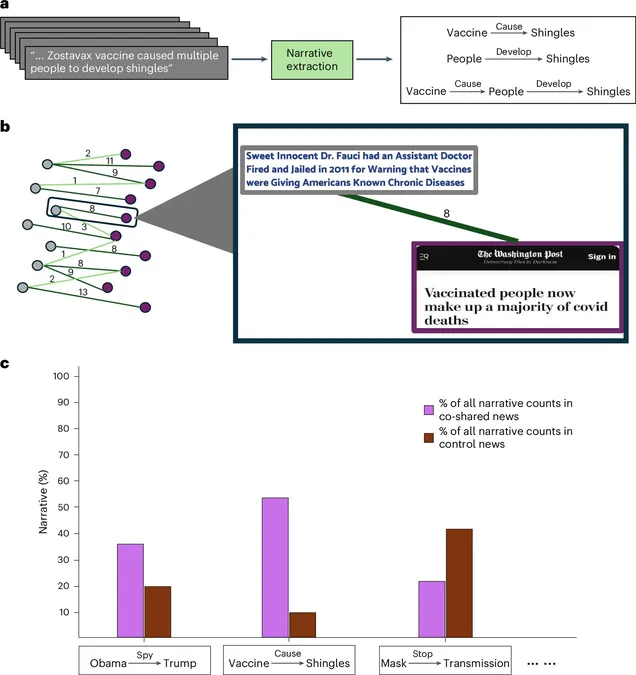
Is 3I/Atlas the Oldest Comet Ever Discovered?
2025-07-11
Author: Olivia
A Cosmic Marvel: 3I/Atlas Could Rewrite Our Understanding of Comets
Astronomers are buzzing with excitement over a mysterious interstellar object recently identified: 3I/Atlas. This intriguing entity may not just be another comet—it could potentially be the oldest known comet, and it's raising eyebrows across the scientific community.
An Ancient Traveler from Beyond Our Solar System
According to a team of scientists from Oxford University, 3I/Atlas may be a staggering three billion years older than our own solar system! This object, estimated to be more than seven billion years old, represents only the third time we've detected something that comes from beyond our solar system.
A Celestial Discovery with a Tale to Tell
3I/Atlas was initially spotted on July 1, 2025, by the ATLAS survey telescope in Chile, when it was around 670 million kilometers away from the Sun. As astronomers worldwide scramble to track its journey, they speculate that this comet originates from the Milky Way's 'thick disk,' a region populated by ancient stars.
Get Ready for a Spectacular Cosmic Show!
Experts believe that due to its formation around an ancient star, 3I/Atlas is rich in water ice. As it approaches the Sun later this year, the heat will stimulate eruptions of vapor and dust, potentially creating a dazzling tail—an awe-inspiring sight for stargazers.
A Turning Point in Astronomy
Matthew Hopkins, the Oxford astronomer who focused on this discovery for his PhD, stated, "This is an object from a part of the galaxy we've never seen up close before." With a two-thirds probability of being older than our solar system, 3I/Atlas has captivated the attention of researchers everywhere.
Mark Your Calendars for 3I/Atlas's Arrival!
Later this year, 3I/Atlas is expected to be visible from Earth through amateur telescopes, offering a unique opportunity for skywatchers. Before this, only two other interstellar visitors have been identified: 1I/'Oumuamua in 2017 and 2I/Borisov in 2019.
The Future of Interstellar Discoveries
As anticipation builds, astronomers are preparing to utilize a powerful new telescope in Chile, the Vera C Rubin. Once it fully surveys the southern night sky, experts expect it could uncover anywhere from 5 to 50 new interstellar objects, changing our understanding of the cosmos forever!









 Brasil (PT)
Brasil (PT)
 Canada (EN)
Canada (EN)
 Chile (ES)
Chile (ES)
 Česko (CS)
Česko (CS)
 대한민국 (KO)
대한민국 (KO)
 España (ES)
España (ES)
 France (FR)
France (FR)
 Hong Kong (EN)
Hong Kong (EN)
 Italia (IT)
Italia (IT)
 日本 (JA)
日本 (JA)
 Magyarország (HU)
Magyarország (HU)
 Norge (NO)
Norge (NO)
 Polska (PL)
Polska (PL)
 Schweiz (DE)
Schweiz (DE)
 Singapore (EN)
Singapore (EN)
 Sverige (SV)
Sverige (SV)
 Suomi (FI)
Suomi (FI)
 Türkiye (TR)
Türkiye (TR)
 الإمارات العربية المتحدة (AR)
الإمارات العربية المتحدة (AR)